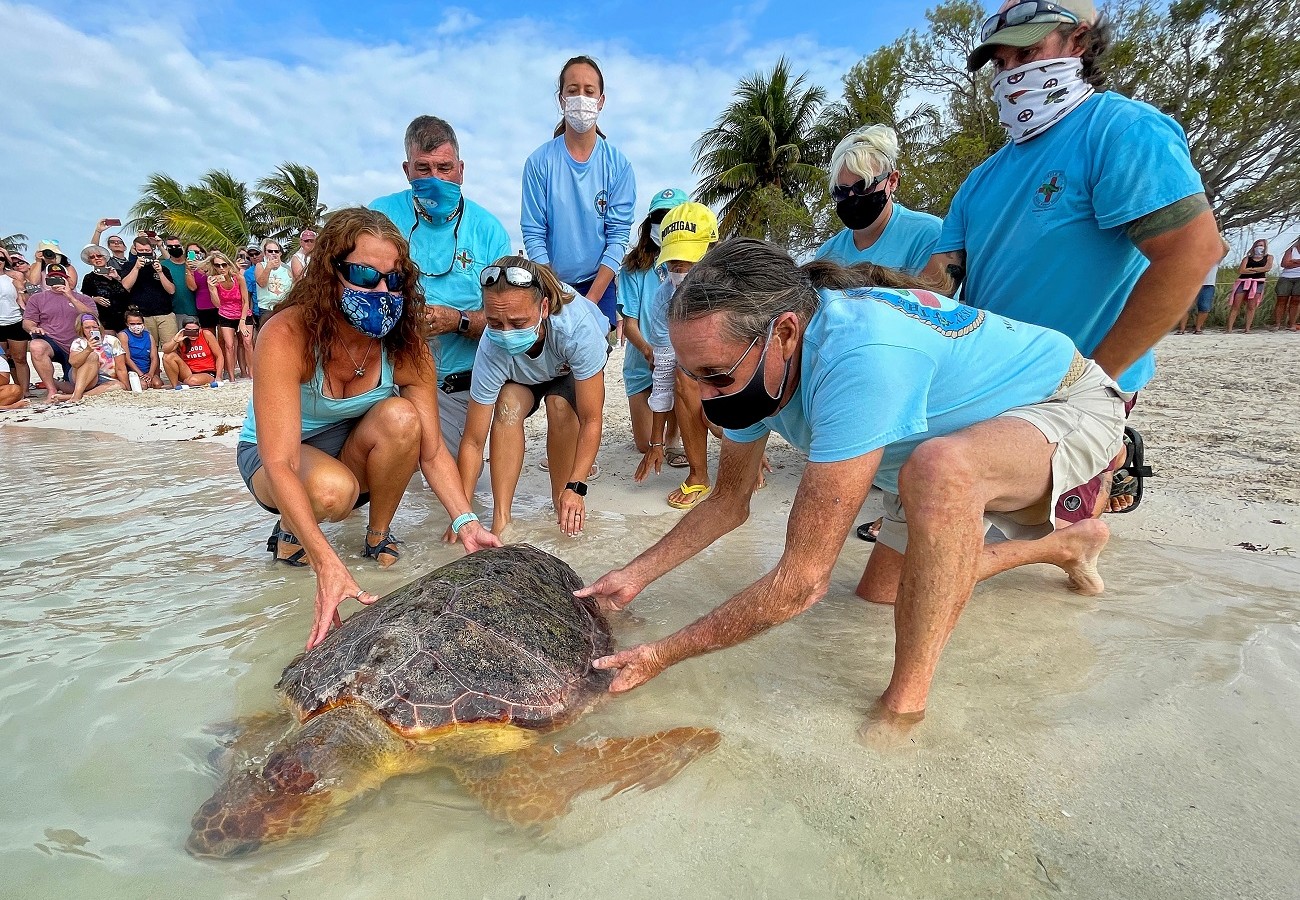“This is suicidal. We must end our war on nature and nurse it back to health,” said UN Secretary-General António Gutierres to mark International Mother Earth Day. There is not much to celebrate anymore—climate change, emerging pandemics, extinctions of animal and plant species, and rampant pollution are only some of the symptoms of an extremely distressed planet. How can Earth be healed? The remedy is to change the egoistic exploitive attitude both between humans and toward our environment.
The comprehensive solution to the ecological and social dangers we face is in our hands; the key is in our efforts towards global connection. If we try to build a harmonious system of human relations, all of nature will calm down. As we begin to feel how dependent we are on everyone else, we will think twice before engaging in the ill-treatment of one another.
Michael Laitman
“Restore Our Earth” is this year’s slogan of what promises to be the world’s largest annual awareness and educational event for environmental issues affecting the planet. But it is flawed thinking to assume that the Earth can be thought of like a broken machine we can fix in a repair shop. It is impossible to talk about restoring it with this skewed vision of our situation. We need to aim at a deeper transformation, a real change that is only feasible through changing our destructive human nature.
Let’s take a look at current attempts to take the stress off planet Earth through changes in human diet, as an example of our incorrect responses to the problems we face. Animal agriculture is responsible for 14.5% of global greenhouse emissions, a contributing cause of global warming, according to official data. But new initiatives such as the production of artificial “meat” that claim to be more environmentally friendly will actually be more costly and less beneficial in the long term, similar to the consumption of processed products as replacements for what nature directly produces.
In other words, we will not improve our ecosystem by creating artificial solutions, through specific diets, or through international committees and global summits. Only an in-depth and holistic approach to the way we relate to one another as human beings and toward our environment can cure what ails the Earth.
We should not wait for great torments and environmental disasters to shake us into action. If we do, we are at risk of extinction ourselves, like the dinosaurs who disappeared from Earth. We have not yet realized that our planet is our common home and whatever happens within it has an endless chain of reactions that will eventually affect us. Someday, we will have to come to terms with the fact that the problems we face begin with the selfish nature of man who operates from an individualistic, me-centered, exploitative and narrow vision that wants to gain everything for self-gratification. Until we transcend individual and national borders and start thinking globally, nothing will help. We humans, for our part, need to comprehend that the state of nature depends on the relationships between human beings, as well as on the willingness of man to adapt to the integrality of nature, that is, to take only what is necessary for survival and to guard with care the good functioning of the entire system instead of considering only egoistic calculations.
How are human relationships connected to what happens in nature? There are four levels in nature: inanimate, vegetative, animate, and human. All levels except man exist in accordance with nature’s laws of reciprocity and balance. The other levels have no free choice in anything; they act instinctively and take only what is needed for their survival. It is only the human level that is different. Only humans commit atrocities on Earth and do so intentionally, consciously, sometimes just for the sake of causing harm. All of the negative blows we receive from nature are just its reaction, the natural consequences of our actions. Simply put, we bring these calamities upon ourselves.
The comprehensive solution to the ecological and social dangers we face is in our hands; the key is in our efforts towards global connection. If we try to build a harmonious system of human relations, all of nature will calm down. As we begin to feel how dependent we are on everyone else, we will think twice before engaging in the ill-treatment of one another. Only through mutual responsibility will we attain the necessary attitude, the right frame of mind, to save our common home and live safely and happily under one roof, our planet Earth.


